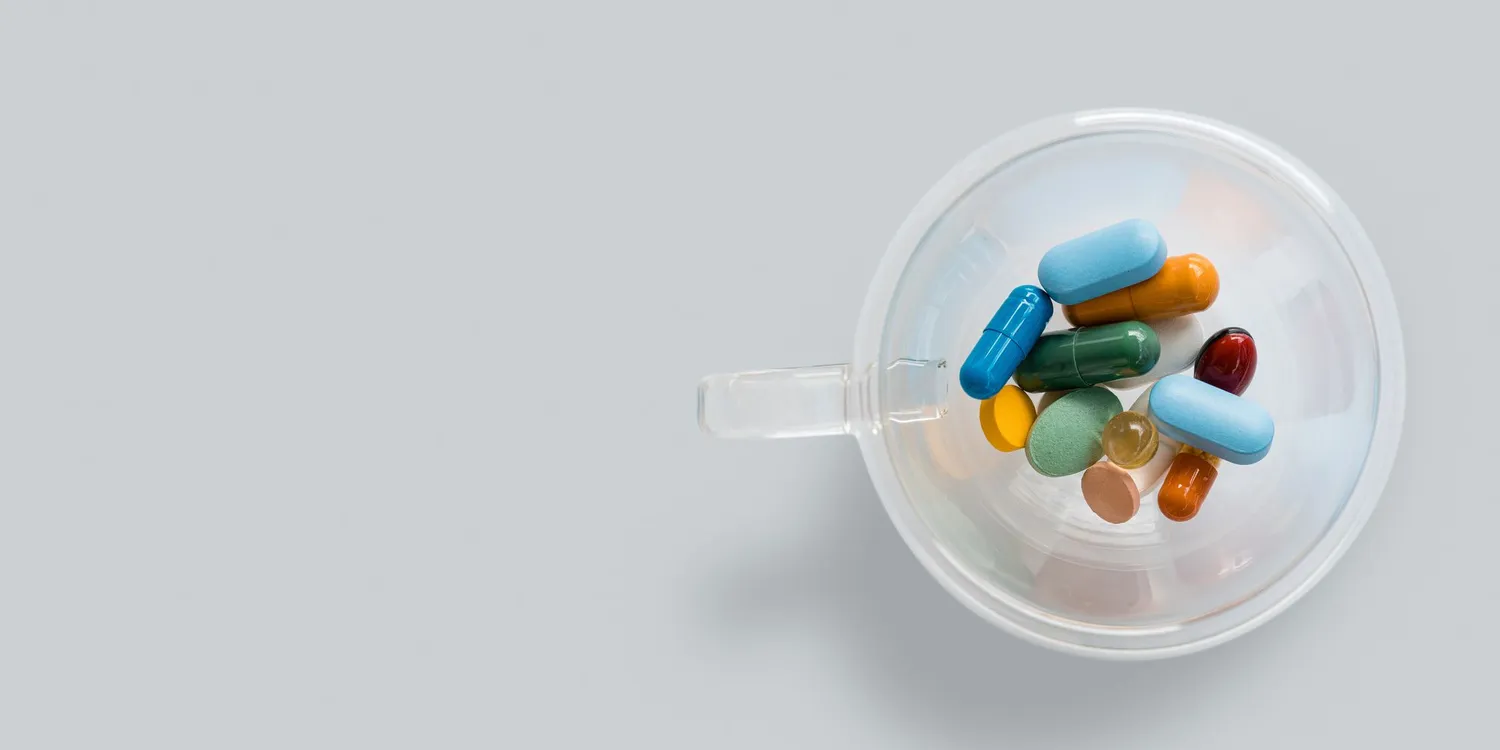24 Nov 2021

In 2021, it was announced that people suffering with mild depression should be offered behavioural therapy or group exercise instead of being offered anti-depressants as a first port of call.
Figures from the NHS Business Services Authority show that more than 20 million antidepressants were prescribed between October and December 2020 - a 6% increase compared with the same three months in 2019.
What are anti-depressants?
Anti-depressants are a type of medication which is used to treat clinical depression, some anxiety disorders, some chronic pain disorders, obsessive compulsive disorder (OCD) and post-traumatic stress disorder (PTSD) and help to manage some addictions.
How they work?
Anti-depressants work by increasing the amount of chemicals in the brain (neurotransmitters). Some of these such as noradrenaline and serotonin are related to emotion and mood.
They can also be linked to pain signals which are sent by nerves. Which is why some types of anti-depressant can help to reduce long-term pain.
Do you want to withdraw from anti-depressants?
Many people across the country now realise how addictive anti-depressants are. Because of this many people are trying to withdraw from the drug and seeking help for their depression through different therapies and treatment.
Many individuals suffering are being put on month-long waiting lists for therapy. This could be an explanation as to why so many people are opting for anti-depressants as an immediate option. Not to mention, some people will likely have co-occurring disorders with addiction, which will require differential treatments.
Anti-depressant withdrawal symptoms
Withdrawal symptoms may include:
- restlessness
- trouble sleeping
- unsteadiness
- sweating
- stomach problems
- feeling as if there's an electric shock in your head
- feeling irritable, anxious or confused
Implications of withdrawal
Like with some other drugs there might be withdrawal symptoms.
According to some personal recollections individuals have referred to the experience of withdrawing from anti-depressants as being worse than the depression itself.
"Within a couple of days of coming off, it was overwhelming - agitation, anxiety, akathisia [restlessness], just restlessness, can't sleep, suicidal ideations, all that stuff going on very quickly," Stuart Bryan tells the BBC's Victoria Derbyshire programme.
This does cause some concern as more and more people want to become less dependant on anti-depressants and may attempt to stop taking them on their own. It will always be better to withdraw with support from medical professionals and in an environment which is safe.
Although some experts say that withdrawing from anti-depressants won’t cause people to relapse.
In a 2021 Study Dr Gemma Lewis, from University College London, said: "Our findings add to evidence that for many patients, long-term treatment is appropriate, but we also found that many people were able to effectively stop taking their medication when it was tapered over two months."
The researchers said it was important to consult a doctor before doing this. They also said psychological therapies could help prevent a relapse, although there was often a waiting list.
Will therapy and exercise be sufficient for mild depression?

For some individuals who might be suffering with mild depression, the combination of therapy, exercise and a good support network might be enough to help combat mild depression.
Cognitive behavioural therapy (CBT) does have a high success rate.
Research shows that CBT is the most effective form of treatment for those coping with depression and anxiety. CBT alone is 50-75% effective for overcoming depression and anxiety after 5 – 15 sessions.
It is one of the most effective treatments for conditions where anxiety or depression is the main problem. It has also been argued that it is as effective as antidepressants for many types of depression.
However, the new proposed system raises concerns due to the lack of funding already being put into the NHS, especially in the mental health sector.
With more people than ever experiencing depression after lockdown the need for therapy and treatment is high. Many individuals suffering are being put on month-long waiting lists for therapy. This could be an explanation as to why so many people are opting for anti-depressants as an immediate option.
It is unclear whether the new proposed plan will go ahead but offering individuals alternative methods to help deal with their depression is beneficial. It is whether the NHS can provide the alternative options successfully.
The other option would be for individuals to seek therapy privately. This is a quicker option to receiving help.
We’re here to help you
If you or someone you know is affected by depression, anti-depressants or prescription medication, do not hesitate to speak with our specialist staff. They are here to help you with any concerns you may have and advise you on the best treatment for you.
